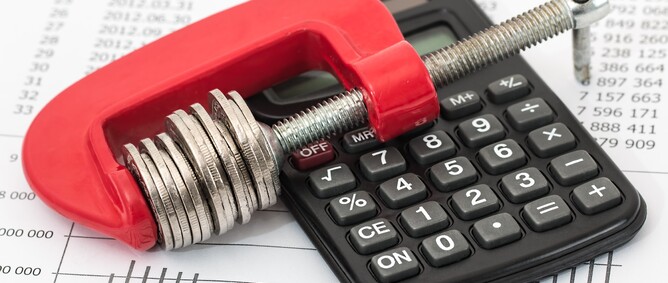Philip Hammond gave his 2nd Budget as Chancellor on 22 November 2017. The Government’s original targets have been shredded and it is expected that the books will now not come in to Annual Balance until the mid 2020’s.
The Chancellor did announce some big spending plans setting up various agencies to support new businesses and also considering ways to force the big house builders to start building on their land banks. There are also moves to force owners of empty properties to get them occupied by giving local authorities the power to double the council tax charge if the property is empty.
The final ‘rabbit out of the hat moment’ was of course the change to Stamp Duty for First time buyers. This will be welcome at the bottom end of the market but is only expected to increase transactions by 3,500 per annum. The effect on house prices remains to be seen.
Our main ‘take-aways’ from the Budget are:
Personal taxes
The personal allowance (tax free amount) will increase from 6 April 2018 to £11,850 (from £11,500), getting closer to the Government’s target of £12,500. The Basic Rate band has been increased by £1,000 to £34,500; combined with the Personal allowance this means you can have £46,350 of income before starting to pay higher rate tax (40%). Please note that if you are a Scottish Taxpayer the Scottish Government control the rise in allowances and these will be announced in the Scottish Government’s Budget on 14 December 2017.
Do bear in mind that for earnings over £100,000 the personal allowance is lost by £1 for every £2 over so lost in full by the time your income hits £123,700.
The Capital Gains tax allowance has been increased to £11,700 from £11,300.
For those clients operating a low salary high dividend routine their salary income can increase to £702 per month (£8,424 per annum) from 6 April 2018, before attracting a National Insurance charge.
Stamp Duty Land Tax
The new Stamp Duty Land Tax on purchases by first time buyers gives up to £300,000 at a 0% rate with the next £200,000 at 5%. For purchases of £500,001 and above usual Stamp Duty Land Tax applies. First time buyers have a cliff edge. A purchase at £500,000 will attract a charge of £10,000 but at just £1 more the charge is £15,000! First time buyer purchases at £400,000 now only pay £5,000 of Stamp Duty Land Tax rather than £10,000 under the standard rates.
There was nothing here for landlords so the extra 3% charge on second properties or company purchase of residential properties appears to be here to stay.
One further update here is that the filing deadline for the Stamp Duty Land Tax Return is shortening to 14 days from the current 30 days.
VAT
Despite suggestions to reduce the VAT turnover threshold the Chancellor has decided to maintain it at £85,000 until 31 March 2020 (usually it goes up by £1,000 or £2,000 per annum).
Reducing the threshold would bring more small and micro businesses into accounting for VAT.
The Chancellor did announce plans to make platforms like eBay and Amazon account for the VAT on sales made via third parties to ensure that online and physical sales have the same VAT treatment.
Corporation tax – Chargeable gains
Assets such as property and shares held in a company get a special uplift on sale called indexation allowance which uplifts the amount paid by inflation since the date of purchase. The Chancellor announced that no further uplifts will be available beyond January 2018.
There are a few items that we would also like to refresh your memory on:
Dividend tax
This applies in the 2016/17 tax year and will be payable on 31 January 2018. Where most of your income is in the form of dividends you will have a greater tax bill due on 31 January 2018 than in the past even if your income is the same.
If you have yet to send us the information for your 2017 personal tax return please do so as soon as possible please.
Corporation tax
The main rate of corporation tax is reduced to 19% effective 1 April 2017, with a further reduction to 17% from 1 April 2020.
If you have any questions based upon anything in the Budget please do not hesitate to contact us.

